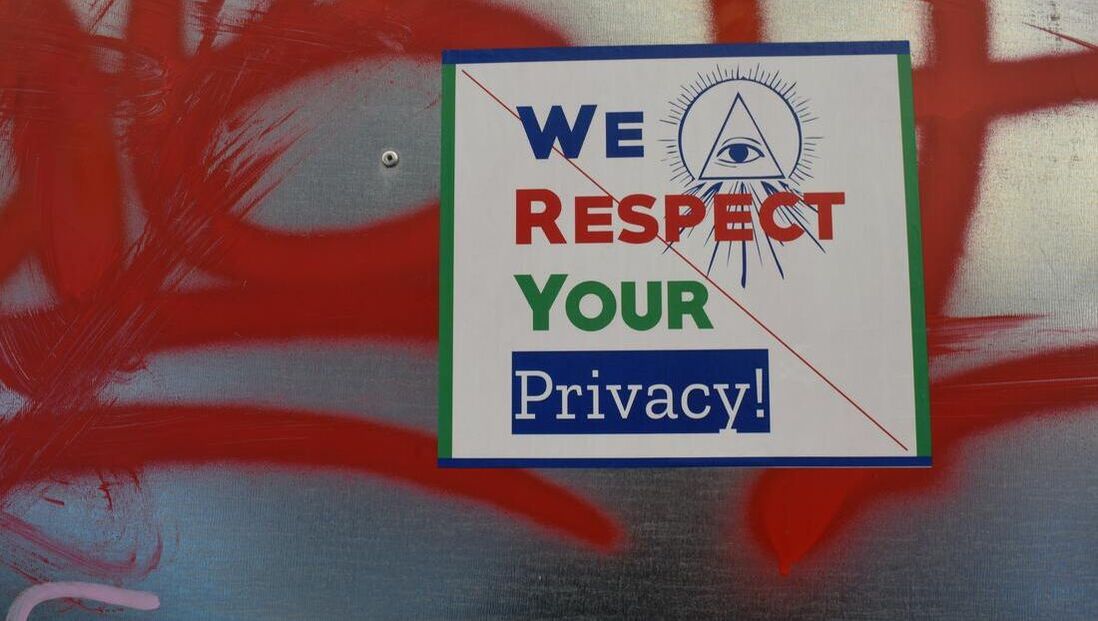|
Every moral person wants to do the utmost to eradicate child pornography, known in policy circles as Child Sexual Abuse Material, or CSAM. Federal law already makes possessing, viewing, or distributing CSAM a very serious crime. The law already requires online companies to report violations to the National Center for Missing and Exploited Children, which forwards them to law enforcement agencies.
There is undoubtedly more that can be done to fight child exploitation and pornography. But the EARN IT Act, which recently passed the Senate Judiciary Committee, would degrade privacy, transform online platforms into potential agents of government surveillance, and curb the ability to prosecute child pornographers. In fact, EARN IT is so poorly drafted that it could wind up doing the opposite of what it intends. EARN IT could inadvertently enable CSAM. What It Does EARN IT would amend Section 230 of the Communications Decency Act – the law that provides online service providers from liability for posts made by users. As it is, Section 230 explicitly provides no protection to platforms for promoting materials based on crimes against children. EARN IT takes the extra step of requiring platforms to affirmatively demonstrate their commitment to removing CSAM. What could be wrong with that? It Might Spread Child Pornography Mike Masnick, founder of the Copia Institute think tank, blogged on TechDirt that “all of the major internet companies actually do what they are supposed to do.” They send tens of millions of images to the National Center for Missing & Exploited Children every year. EARN IT could undermine their vigilance. “Removing Section 230 protections does the opposite. It says if you do anything, you may face crippling legal liability. This actually makes companies less willing to do anything that involves trying to seek out, take down, and report CSAM because of the greatly increased liability that comes with admitting that there is CSAM on your platform to search for and deal with.” Simply put, companies that make a good faith effort against CSAM – but accidentally miss an offensive post – run the risk of being treated like a criminal. Faced with vast regulatory, reputational, and even criminal exposure, many platforms might be forced to respond to EARN IT’s disincentives by simply ceasing to look for CSAM. The Center for Democracy and Technology also writes that the bill threatens to undermine child pornography prosecutions: “The EARN IT Act risks transforming providers into agents of the government for the purposes of the Fourth Amendment. If a state law has the effect of compelling providers to monitor or filter their users’ content so it can be turned over to the government for criminal prosecution, the provider becomes an agent of the government and any CSAM it finds could become the fruit of an unconstitutional warrantless search. In that case, the CSAM would be properly suppressed as evidence in a prosecution and the purveyor of it could go free.” Human Rights Watch: EARN IT May Unjustifiably Limit Free Expression on the Internet This bill establishes a 19-member National Commission that would develop best practices to prevent, reduce and respond to the online sexual exploitation of children. Companies that fail to adopt these best practices would lose legal protections that shield them from civil and state criminal liability. And if Congress fails to approve any of the Commission’s recommendations on best practices, Section 230 protections would be weakened for all internet companies for years. With such heavy-handed tactics, none other than Human Rights Watch sees the opposite danger of over-moderation: “As written, the EARN IT Act’s approach will likely result in the overbroad censorship of protected speech alongside the removal of CSAM, without distinction.” EARN IT Threatens Encryption and Secure Communications Millions of Americans rely on encryption to ensure the privacy of their communications. Many – from children facing bullies, to women escaping abusive relationships, to journalists, candidates, union organizers, whistleblowers, and many others – need encryption to ensure their safety. While EARN IT states that the provision of encrypted services would not “serve as an independent basis of a provider,” it expands state criminal and civil laws in a dangerous direction. Under Section 5(7)(B), courts would be allowed to consider end-to-end encryption as evidence of recklessness or negligence. EARN IT Shades into the Orwellian The Electronic Frontier Foundation declares: “The EARN IT Act would pave the way for a massive new surveillance system, run by private companies, that would roll back some of the most important privacy and security features in technology used by people around the globe … “The EARN IT Act doesn’t target Big Tech. It targets every individual internet user, treating us all as potential criminals who deserve to have every single message, photograph, and document scanned and checked against a government database.” EFF writes: “Independent child protection experts aren’t asking for systems to read everyone’s private messages. Rather, they recognize that children – particularly children who might be abused or exploited – need encryption and private messaging just as much as, if not more than, the rest of us.” The EARN IT Act is stuffed full of unintended consequences. Senate leadership should hold up this bill until they find a more effective way to combat the scourge of child sexual abuse that also does not diminish the constitutional protections of law-abiding citizens. Comments are closed.
|
Categories
All
|


 RSS Feed
RSS Feed